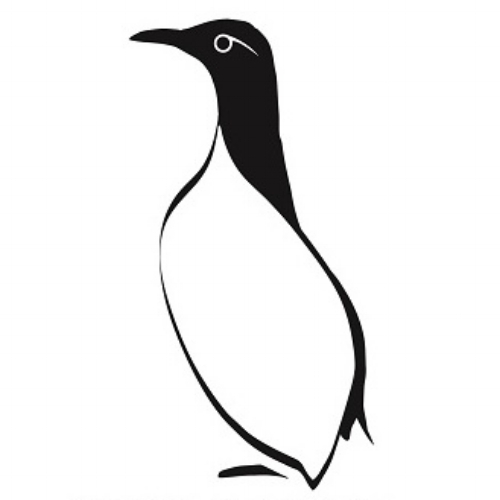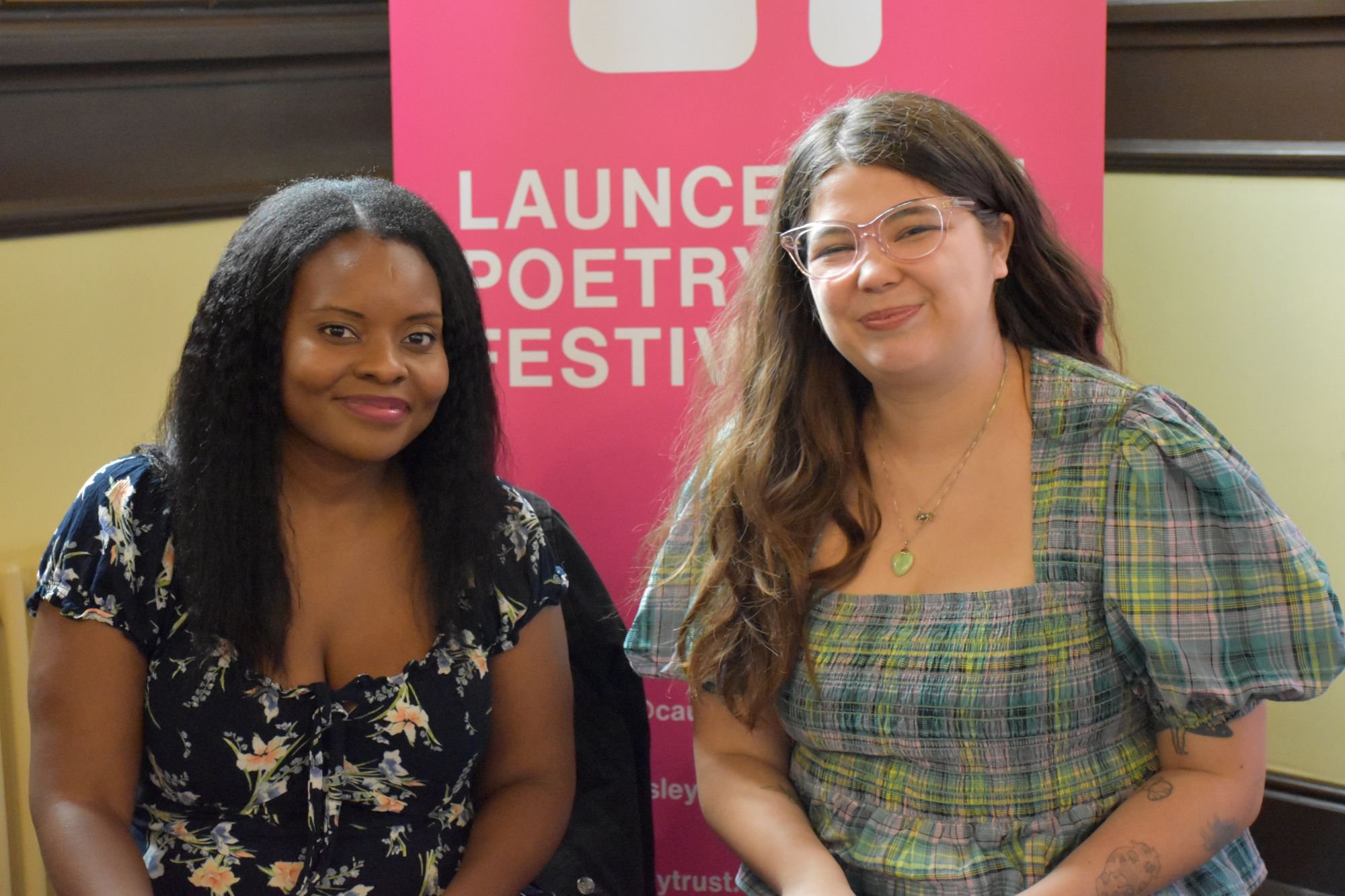an interview with Isabelle Baafi by Chloe Eathorne
In April 2025, Isabelle Baafi’s debut, Chaotic Good, was published by Faber and Faber. The collection weaves personal and political narratives, exploring themes of survival, resistance, and self-discovery. Centered around the journey of escape from a toxic marriage, the poems delve into identity, trauma, desire, and renewal, blending inventive forms and emotional resonance. Baafi's work is both rigorous and compassionate, examining the forces that shape us and contemplating what it means to reclaim oneself after rupture.
Chloe Eathorne caught up with Isabelle at the Launceston Poetry Festival last weekend.
CHLOE: Was there a specific moment, book, or experience that sparked your passion for writing poetry?
ISABELLE: When I was a teenager I wrote poetry, but I stopped because I didn’t think it was very good and I didn't know how to improve. The poetry I had access to at the time didn’t really speak to me, and it wasn't until my mid-twenties that I came across Warsan Shire's Teaching My Mother How to Give Birth. That really just blew my mind. It’s an incredible pamphlet, and I loved the way Shire wrote about womanhood, domesticity, family and desire in a way that was rich and evocative, but also layered and complex. It reminded me that I had a voice, that my voice had power, and that there was value and validity in writing about my own experiences, writing through my own lens.
C: Your debut Chaotic Good is precise in its language while navigating deeply emotional terrain. How do you navigate the tension between emotional truth and poetic form? Does one tend to lead the other in your process?
I: I love working with form because it can lead you to unexpected places. One form I love is the golden shovel; often when a subject felt too weighty or too broad and I didn’t know how to approach it, I would start with that. Even when I couldn't say everything I wanted to, all I had to do was write to the end word, and that felt digestible. There are other forms as well, like sonnets and sestinas, which create ways of thinking about intricate ideas, and can help to break up that tension of trying to create something so multifaceted.
C: What drew you to the title, and how does it reflect the broader narrative arc of the collection?
Isabelle and Nina Mingya Powles at the Festival
I: I wrote about two thirds of the book before I settled on the title. It was initially just the title of a poem. The poem is about this possible encounter I had in which I went to the cinema and may or may not have seen (I’m still not sure!) a close friend with a man who wasn't her husband. The scenario just evoked all these questions about morality, loyalty, betrayal – how these things can be mutable and subjective. That ties in with the wider narrative of the book’s speaker, who is leaving a toxic marriage and trying to grapple with questions of shame, propriety and goodness in the context of wider social expectations around women’s behaviour.
C: Is there a particular object, ritual, or habit that's become essential to your writing routine?
I: Around 25–30% of the poems started during a time when I was, in a way, sequestered in a cottage in Wiltshire. I would get up every day and free-write for ages, because it was a time when I had a lot on my mind and I wasn’t able to figure it all out, so that was my way of getting it down before it evaporated. Much later, I assembled the poems based on where the connections were and themes that arose. So freewriting has been very important. I drew inspiration from the processes and work of poet Nuar Alsadir in her book Fourth Person Singular and her essay ‘The Map of Four Kisses’, featured in Poetry Review, which discusses freewriting and the act of drawing from your subconscious; I found that really powerful.
C: What was the most challenging aspect of writing the collection?
I: The difficult part was trying to navigate moments of ambivalence—really deep ambivalence—where I might want to say one thing but the complete opposite would also be true, so that’s kind of where allowing myself to be associative and slightly surreal was helpful. I suppose also—I wasn't thinking of it at the time, but more so as I was putting it out—the question of how much of myself to reveal, and, in instances where the poems are not autobiographical, knowing that they would often be read as autobiographical anyway. Acknowledging that risk of being misinterpreted was hard at times.
C: Which part of the writing process brought you the most joy?
I: The part that brought me the most joy was discovering my voice and refining it; seeing it strengthen through writing the collection.
C: If your younger self could read Chaotic Good, which poem do you think she would be drawn to and why?
I: When I was a kid I would write about typical teenage things, often crushes but also my relationship with my parents. Any of the poems that refer to my parents directly—that's probably what she would be most interested in and relate to the most.
C: Chaotic Good has been described as having “amazing endurance with kaleidoscopic intensity.” How do you feel about the reception of your work and what do you hope readers carry with them after reading it?
I: It’s been really positive, and it's been so gratifying to get that after creating in private for so long—to share it with the world, and at times to feel understood in that way. What I hope readers take away is encouragement: to be empowered, to be empathetic, to know their voice, and for people who are or have been in abusive situations to know that they can take their power back. They have the ability to build a life that is greater than anything they’ve experienced before.
Chaotic Good was published April 2025.
Chloe Eathorne is a poet from Cornwall, currently exploring the layered relationship between the Cornish landscape, folklore, and identity.




